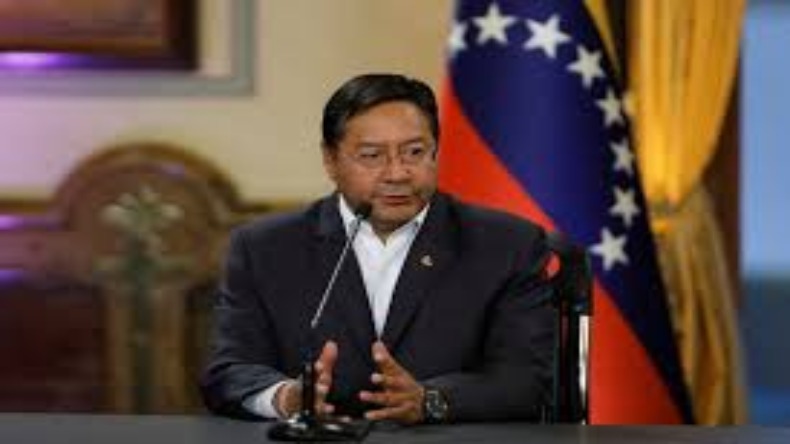Discussions are underway for the opening of Chinese banks in Bolivia but there are serious doubts and concerns about trading with China in Yuan currency. The national government’s problem is a “structural denial of the crisis in Bolivia,” said Opposition senator Cecilia Requena, which is why “distractive measures are taken that are not aimed at solving the crisis.” The senator further noted that the yuan “lacks the conditions to be an internationally accepted currency because it has many exchange restrictions that are heavily influenced by politics in an opaque manner.”
Jose Gabriel Espinoza, an economist and former director of the Central Bank of Bolivia, said that the yuan pronouncements are more politically motivated in order to lower the population’s expectations owing to a scarcity of dollars.
“You have to understand that in Bolivia and probably in the region, a large part of the consumer goods come from contraband. They do not come from Chinese markets or intermediaries in that country but are bought from secondary markets. This means resale, and for this, the dollar is used.”
However, the Chinese ambassador to Bolivia, Huang Yazhong, made the announcement earlier this month about the usage of yuan in Bolivia. Financial experts, on the other hand, say that for a currency to be effective globally, it must have a very high degree of demand.
Ninety percent of transactions are made in dollars, while 60 percent of the Swift system (which facilitates the movement of capital between countries) is in dollars against the yuan, which is less than 2 percent. One yuan is currently equivalent to 0.14 dollars and 0.98 bolivianos. In his mid-term report in May, Bolivian President Luis Arce referenced Brazil and Argentina as two close countries that have agreements with China to trade in the yuan rather than in dollars, a path that he said Bolivia would follow because “the region is shifting towards that.” A date is yet to be announced as to when that could happen. The shortage of dollars has worsened in the last three months, and Bolivians have faced restrictions on banking operations in the US currency. Initially, the national government minimised the financial situation and later proposed to meet the high demand for dollars from the Central Bank of Bolivia itself through direct sales, but demand persists. There is a waiting list to acquire the dollar and a parallel exchange market has been formed.
The country has also seen a growth in fuel imports, which in 2022 reached $4.2 billion, 2 percent of total imports, while gas exports fell to $3.4 billion. Bolivia is the third country in Latin America to consider using the Chinese yuan for trade.
As of March in Brazil, the yuan has supplanted the euro as the second-largest foreign reserve currency, according to a central bank report. The government announced an agreement to trade with China in the currencies of both countries, the yuan and Real, and avoid resorting to the dollar. In the following month, the Argentinan government announced that its purchases from China would begin to be paid in the yuan instead of dollars, to preserve its weakened international reserves. “If South America unites as a region, it can be a regional counterweight. To the north, we share our continent with a superpower, like the United States, and obviously, in that context, there are interests,” said Bolivian Foreign Minister Rogelio Mayta. Analysts say replacing the dollar with the yuan could not be implemented in the short term, but it is possible for bilateral trade.

